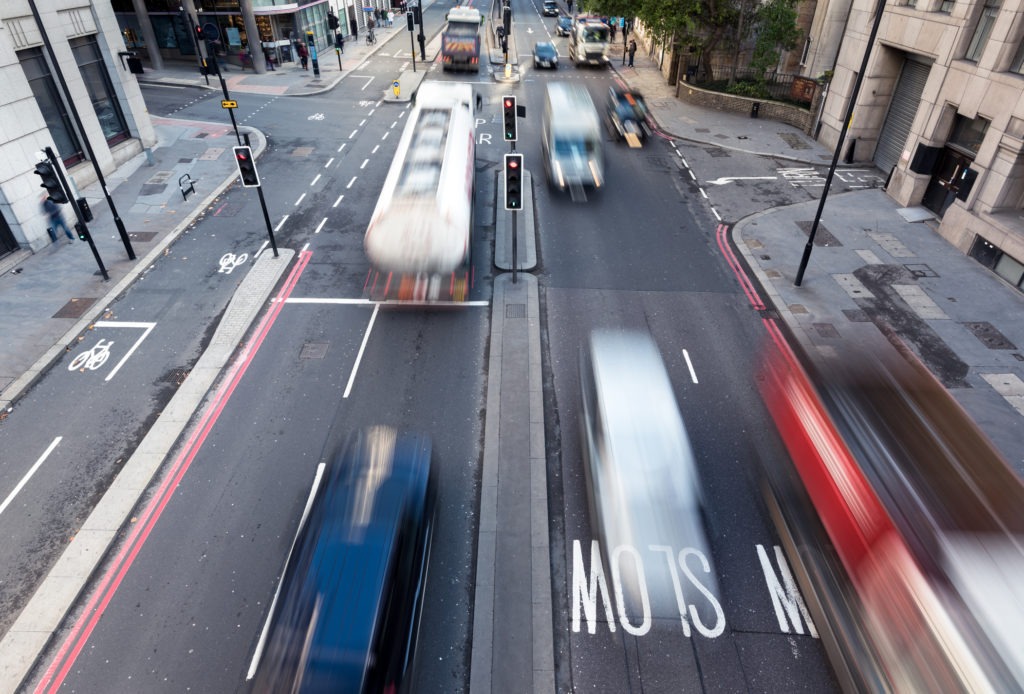EU February new-car registrations lowest ‘since records began’
17 March 2022

Fewer than 720,000 new cars were registered in the EU last month, according to figures released by the European Automobile Manufacturers’ Association (ACEA). The industry body notes ‘this was the weakest result in terms of volumes for the month of February since records began.’
ACEA’s figures reveal that the tally of new-car registrations equates to a 6.7% decline compared to the low base of February 2021. This is when the volume was at its lowest level since 2013 as national lockdowns and taxation changes in some markets depressed the regional result.
February’s downturn follows a similar 6% year-on-year decline in January but there was one more working day across the EU than in January 2021. On an adjusted basis, Autovista24 estimates that the contraction was about 10% in January and the market’s fortunes therefore subtly improved last month.
Epicentre in France and Italy
In France, 13% fewer new cars were registered last month than a year earlier as tax changes introduced on 1 January continue to suppress demand. Moreover, Italy endured a 22.6% year-on-year decline last month after the purchase incentives for electric vehicles (EVs) ran dry in November and consumers await their resurrection. The combined total of new-car registrations in the two markets was almost 50,000 units lower than a year ago. As the EU-wide deficit nudged 52,000 units, France and Italy were at the centre of the storm.
New-car registrations in Germany rose 3.2% year on year last month, in line with expectations. The market is showing signs of improvement as volumes inch up. In Spain, 6.6% more cars were registered than in February 2021, and almost 50% more than in January 2022, which was weakened by the rise in registration taxes at the start of the year.
Nevertheless, most EU new-car markets suffered year-on-year declines last month, with the sharpest downturn, of 22.9%, in Finland. Nevertheless, 11 member states reported year-on-year growth rates, five of which were in double digits – Bulgaria, Cyprus, Greece, Portugal, and Romania.
Outside of the EU, both Iceland (up 47.3%) and the UK (up 15%) enjoyed phenomenal year-on-year growth. The higher volume of new-car registrations in the UK particularly contributed to the more modest Europe-wide downturn, of 5.4%, than in the EU. Elsewhere, Switzerland expanded by 2.9%, but Norway contracted by 23.8%.
War in Ukraine dampens outlook
In the first two months of 2022, cumulative new-car registrations in the EU exceeded 1.4 million units, 6.4% down on the low base of comparison in 2021. COVID-19, semiconductor shortages, tax changes in France and Spain, the lack of EV incentives in Italy, and rising inflation are all conspiring to suppress market activity.
Market corrections are expected in France and Spain as the negative effects of the tax changes dissipate, and Italy will improve too, especially once EV incentives are reinstated. However, Russia’s invasion of Ukraine will curtail the anticipated 2022 recovery. Although a significant impact on EU new-car sales, i.e. order intake, is not expected, the conflict is already disrupting car production far beyond Russia and Ukraine.
Moreover, the assumed easing of supply bottlenecks, especially in the second half of the year, will be less pronounced. This is because reduced supplies from Ukraine, including wiring harnesses and neon (critical for the production of semiconductors), will add to the existing challenges stemming from the COVID-19 pandemic.
Autovista24 assumes that the disruption to car production will reduce throughout the year, albeit after securing alternative supplies of critical raw materials and/or components that are sourced from Russia and/or Ukraine. Nevertheless, the forecast for EU new-car registrations has been revised downwards to below 9.9 million units, equating to year-on-year growth of just 1.9%.
The EFTA markets of Iceland, Norway, and Switzerland are forecast to perform better than the EU in 2022, and the 11.3% growth forecast for the UK means the wider European region is expected to recover to almost 12.2 million units in 2022, equating to growth of 3.3%.
The 2022 new-car registrations outlook has been revised downwards in all of Europe’s five major markets. The full interactive dashboard presents the latest and previous monthly forecasts for 2022, as well as the annual outlook to 2025.



